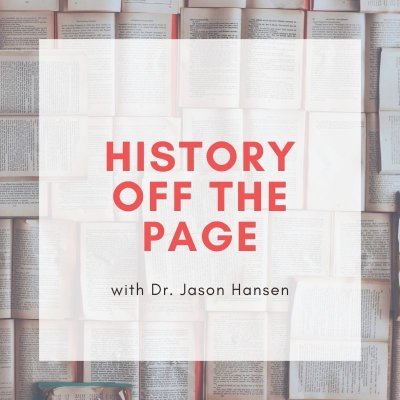This is a placeholder for your sticky navigation bar. It should not be visible.
How do we gain new knowledge? How do we trust the knowledge we gain? This episode looks at the way answers to these questions experienced a dramatic shift in the 16th and 17th centuries, laying the groundwork for modern scientific practice. Along the way we’ll discuss the roles played by major scientific innovators such as Copernicus, Galileo and Newton, while also seeing why mathematics became the primary language for understanding both God and the cosmos.
Image: Jan Matejko, Astronomer Copernicus, or Conversations with God (1873); Collegium Novum, Jagiellonian University, Krakow, Poland.
In this book, distinguished historian Thomas S. Kuhn lays out the foundational story of the Scientific Revolution, with a particular focus on the emergence of modern astronomical theory. In particular, the book highlights the change over from natural philosophy to modern science based on reason and empiricism.
A very brief overview of the Scientific Revolution that includes original writings by Copernicus, Galileo, Newton and other major figures from the period.
Steven Shapin and Simon Schaffer’s award-winning work is a more detailed look at the unfolding of the Scientific Revolution, examined through the lens of debates between the polymath Thomas Hobbes and chemist Robert Boyle. At the core of the book is an examination of the ways modern knowledge and scientific methods were produced, answering the question of how we have come to establish scientific truth.
Thomas S. Kuhn’s pathbreaking 1962 book on the history of science introduced the notion of paradigm shifts, i.e. the idea that scientific standards were not constant, but periodically underwent fundamental changes in their approaches or underlying assumptions. Thus what constitutes a “scientific approach” today might not be true in the distant future. One of the most important books on the history of science written in the 20th century.




